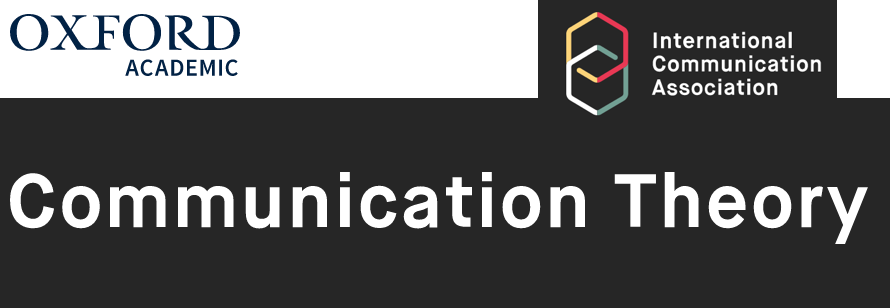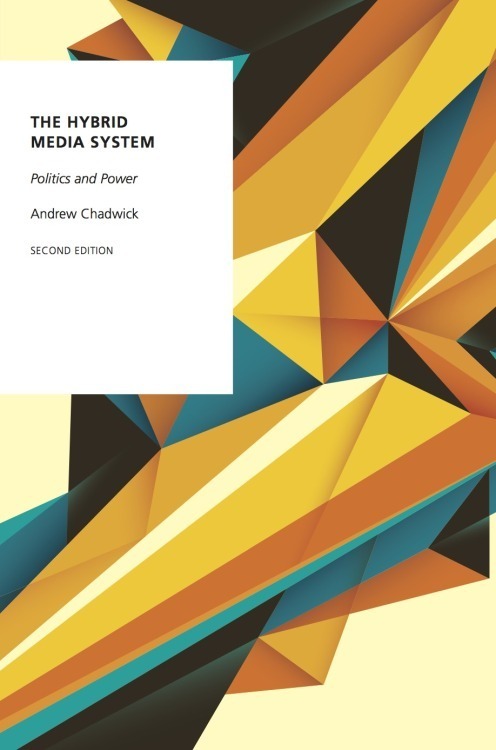New Journal Article—“Deception as a Bridging Concept in the Study of Disinformation, Misinformation, and Misperceptions”—Out Now in Communication Theory
/UPDATE June 7, 2022: This article was awarded the Honourable Mention for the International Communication Association’s 2022 Kaid-Sanders Award for the Best Article in the Field of Political Communication.
My Loughborough colleague James Stanyer and I have a new article in Communication Theory. The origins of this piece go back to conversations we started having a couple of years ago about the curious lack of attention to deception in the research on misinformation, disinformation, and misperceptions.
You can read it for free via the free access link that OUP encourages authors to post on their personal website:
At first glance, that might sound like a strange perspective. But if you read the paper, you’ll see why we make this claim.
Abstract
We propose deception as a bridging concept that will enhance the study of misinformation, disinformation, and misperceptions. As we set it out here, the concept integrates insights from multiple social science disciplines and uniquely connects actors’ intentions, information, and attitudinal or behavioral outcomes. A focus on deception will enrich research that describes the existence of false and misleading information but stops short of identifying their influence. Equally, through its focus on how actors’ deceptive strategies are important in attempts to exercise power, it can augment the study of the cognitive and attitudinal biases that render people susceptible to misperceptions. We identify the main themes in the study of deception: media-systemic distortions in information supply; the relational interactions that both produce and activate cognitive biases; and the attributes, strategies, and techniques of deceptive entities. We conclude with a summary typology of 10 principal variables and their 57 focal indicators.




